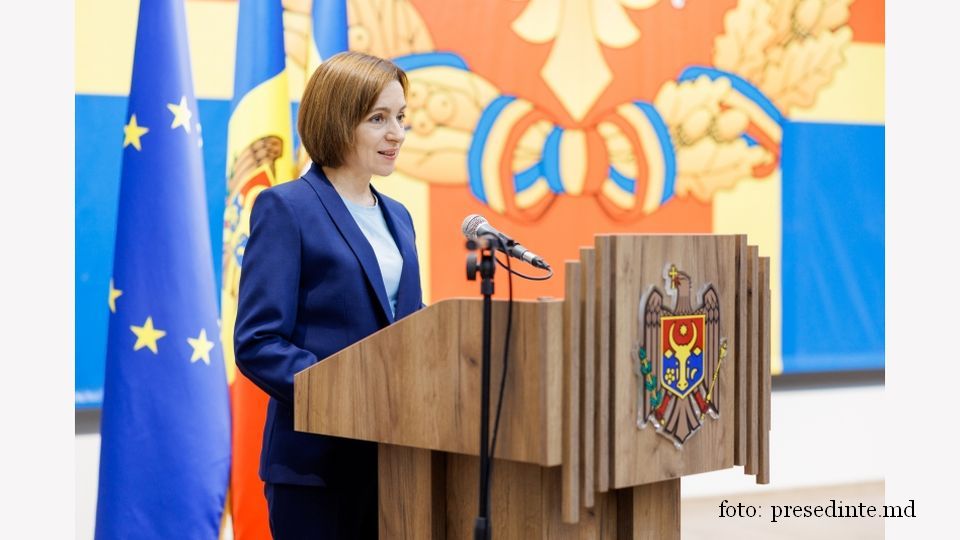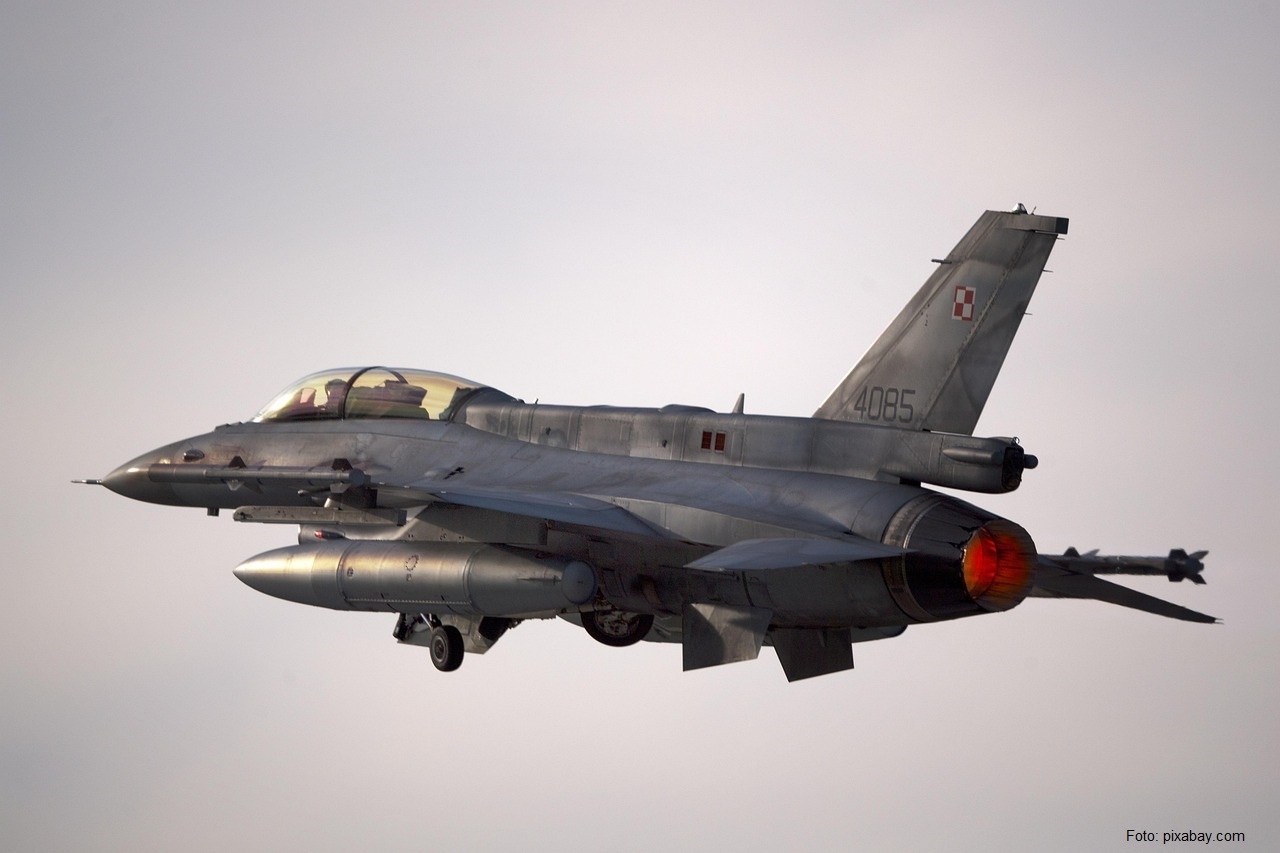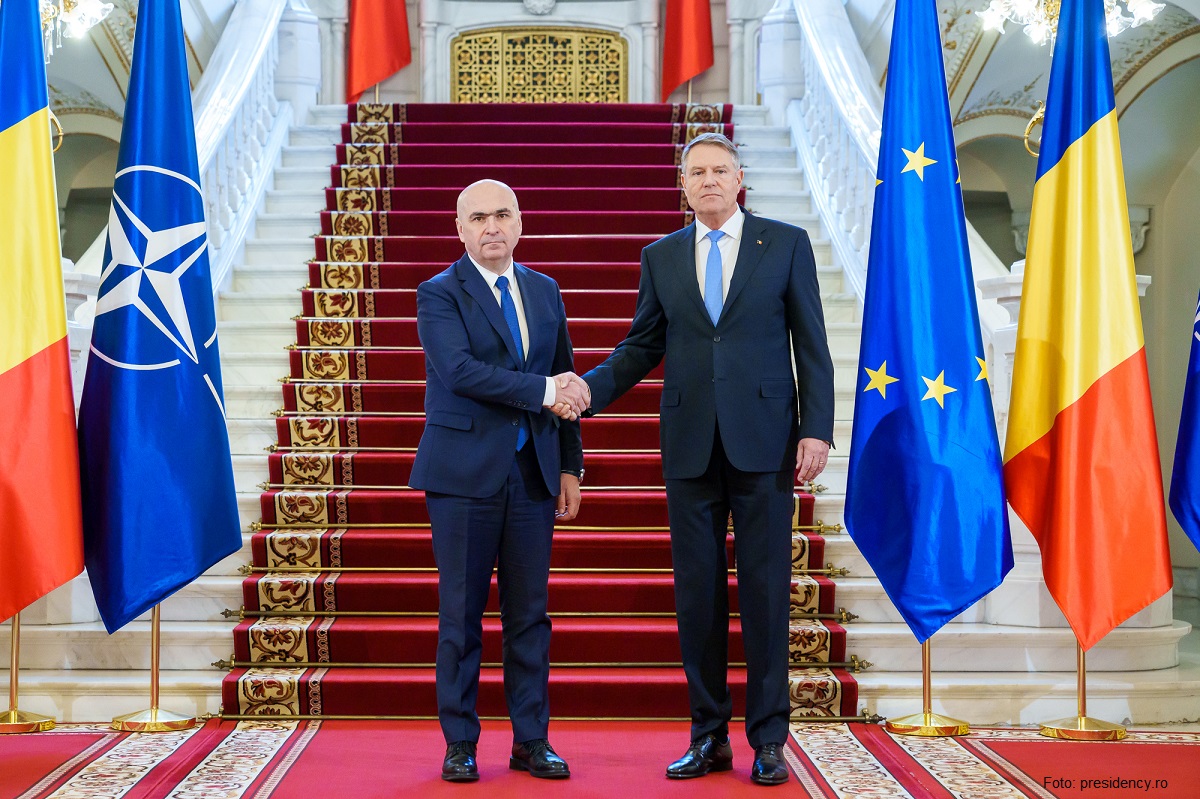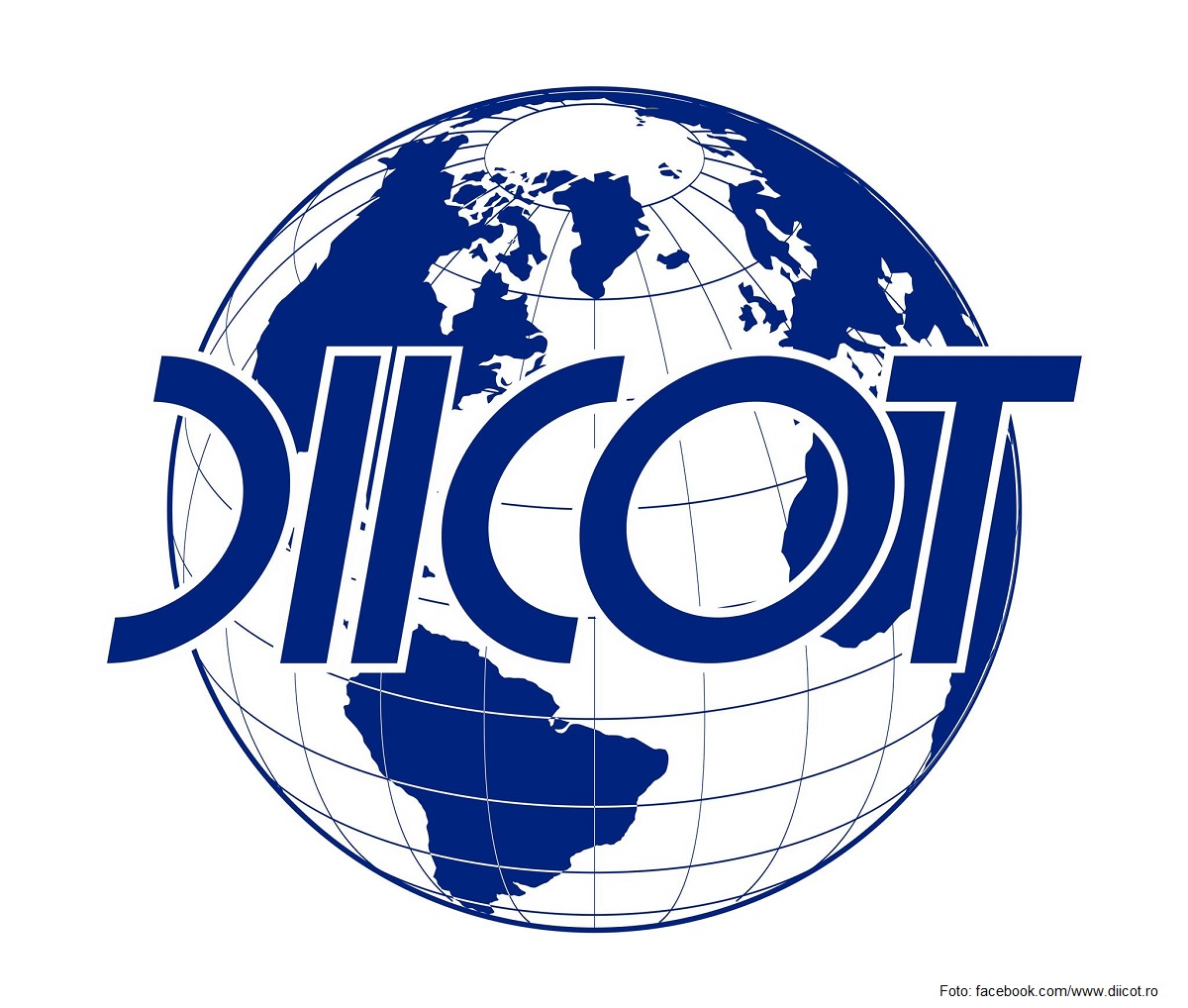Moldova stays on path to Europe
Maia Sandu wins a second term in office as president of the ex-Soviet, majority Romanian-speaking Republic of Moldova.

Bogdan Matei, 04.11.2024, 14:00
Moldova’s pro-European president Maia Sandu won a new 4-year term in Sunday’s second round run-off, with over 55% of the votes cast in the presidential elections. Her rival, the former prosecutor general, Gagauzian ethnic Alexandr Stoianoglo, who was backed by the pro-Russian Socialists, won under 45%, the Central Electoral Commission in Chișinău announced. Both candidates also hold Romanian passports.
After casting her ballot, Maia Sandu said she was hoping voter turnout would be high so as to thwart the plans of “the thieves”, as she put it, “who want to steal the republic”. Prime minister Dorin Recean, whose government is formed by the presidential Action and Solidarity Party (PAS), said the interior ministry and other public institutions are working to prevent an attack on democracy in Moldova. He denounced the attacks of election fraud orchestrated by Russia and said “we are under attack from criminal groups who bought a large amount of votes and that’s why it is important to mobilise ourselves, to go out and vote, because our vote can defeat fraud”. Recean also said people must elect a leader “who will lead us to prosperity, to the European Union”.
Also on Sunday, Stoianoglo, responding to criticism that he is expressing himself with difficulty in Romanian, said mastering the Romanian language is not an obligatory condition for a presidential candidate. Some commentators say this statement, which is offensive for the Romanian-speaking majority in Moldova, further damaged his image. The ethnic Gagauzian population is a Turkic ethnic group of Christian Orthodox faith. They were settled in the south of today’s Moldova by the Tsarist regime, who displaced them from eastern Bulgaria two centuries ago. Linguists say that after WWII, the Gagauzian population was subjected to forced Russification by the Russian occupiers, on top of their isolation from the Romanian ethnic group, so today, they speak neither Romanian, nor their own Turkic language.
Europe has hailed Maia Sandu’s victory, including the head of the European Commission, Germany’s chancellor and the presidents of France, Ukraine and Romania. The president elect has promised to improve government in her second term, as she is aware that some people are dissatisfied with the situation in their country.
The Romanian analyst Armand Goșu, who is specialised in the ex-Soviet world, recalls that Moldova will host parliamentary elections in a few months’ time, which are equally important as the presidential elections, as Moldova is a semi-presidential republic in which the president has limited powers.






























